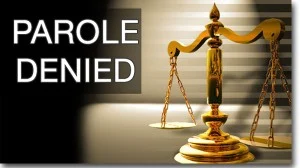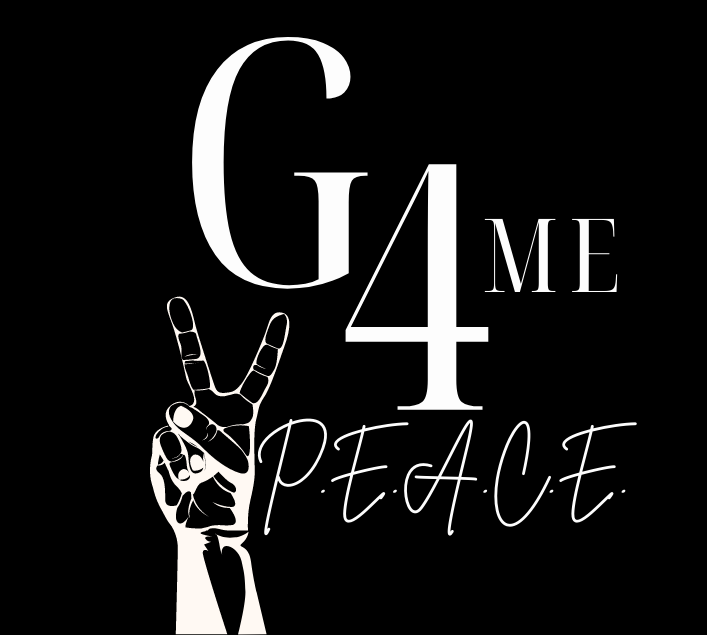No Early Parole for Lifers, by Larry Ali Deminter, G4P staff writer.
No Early Parole for Lifers, by Larry Ali Deminter, G4P staff writer.

Superior Court throws the brakes on early parole for lifers in California state prisons. On December 13, 2023, a Sacramento County Superior Court judge ruled against CDCR and blocked the release on parole of lifers who had a parole hearing conducted based on a minimum eligible parole date that was advanced, made earlier, based on Proposition 54.
MEPD is legalese for a mandatory minimum.
The MEPD is the date lifers are first eligible for release upon being found suitable for parole at a parole hearing. And MEPD is based on the minimum term imposed by the court, such as 25 years for a person sentenced to 25 to life, lest any applicable credits.
The Superior Court’s earlier ruling in January 26, 2024 judgment in California Justice Legal Foundation v. CDCR, et al. only impacts lifers and would cost the state tens of millions of dollars under the attention of people already found suitable for parole.
Prop 57 passed in November 2016 provided that CDCR shall have the authority to award credits earned for good behavior and approved rehabilitative or educational achievement, according to the State of California Board of Parole Hearings.
Incarcerated people, including lifers, earned “good time” credits, called milestones, toward their early release for maintaining a minimum C grade in college courses seven days off, for 52 hours in self-help groups 14 days off, and could not exceed more than 90 days toward their MEPD in any calendar year. The remainder of credits for banked and rolled over into the following year, a one-time special merit credit for earning a GED, AA degree, or completion of the Offender Mentor Counseling Program, shaved six months off MEPDs. KJLS sued, alleging that CDCR was not authorized to promulgate these credits. The court found that an earlier penal code prevents credits from reducing an MEPD. The court said CDCR must, one, stop applying Prop 57 credits when calculating MEPDs, and, two, stop conducting parole suitability hearings based on MEPDs that have been advanced by Prop 57 credits, and, three, stop releasing those people found suitable for parole at hearings conducted on this basis, according to BPH.
On January 18, 2024, CDCR appealed the court’s ruling.
While the appeal moves forward, CDCR will continue to apply Prop 57 credits to MEPDs and continue to conduct hearings for people impacted by this judgment. They cannot release them on the MEPD with Prop 57 credits after they have been found suitable and their parole recommendations become final.
Under Governor Newsom and his predecessor, Jerry Brown, more than 11,000 bankers have been released on parole since 2008, according to the Lifers Support Alliance. That’s more than three times the combined total paroles set back to 1979 when the indeterminant sentence law first went into effect.
The Superior Court’s judgment has negatively impacted lifers who were engaged in positive programs and ideal candidates for parole. Less than 6% of lifers reoffend and return to the prison, according to BPH. The numbers were even lower, where less than 1% of lifers with a college degree recidivate. Compare that to 64% of nonviolent and low-level offenders who were not affected by the litigation and returned to prison within two years after release.
If CJLS gets their wish, more positive programming lifers will remain in state prisons longer.


